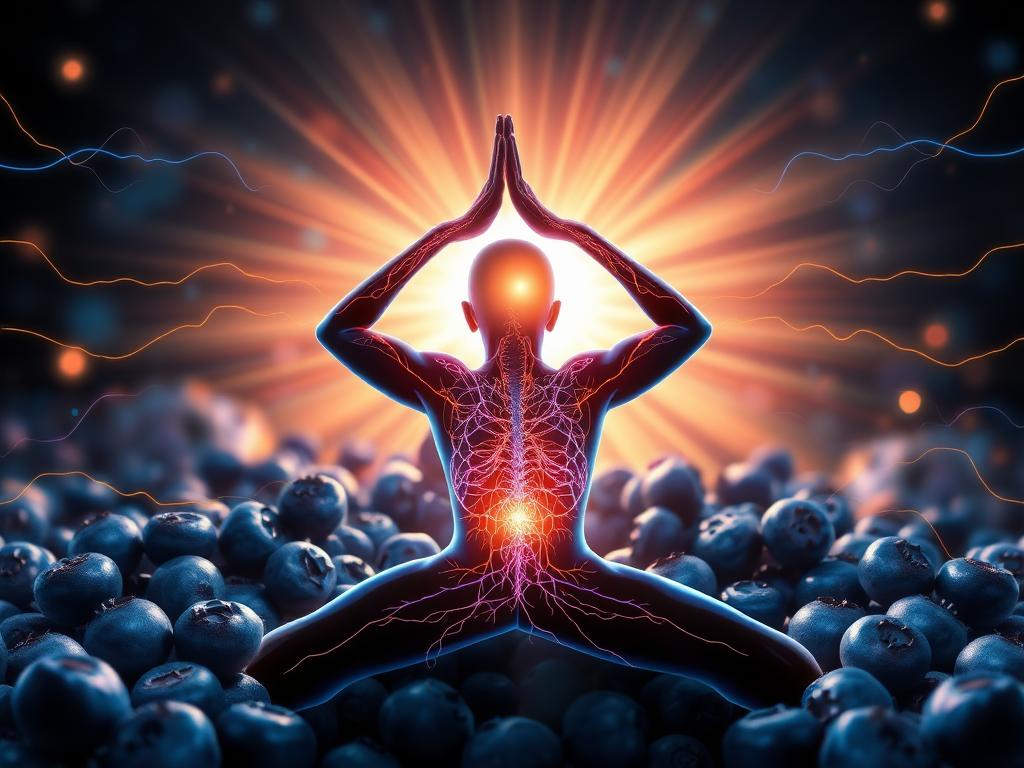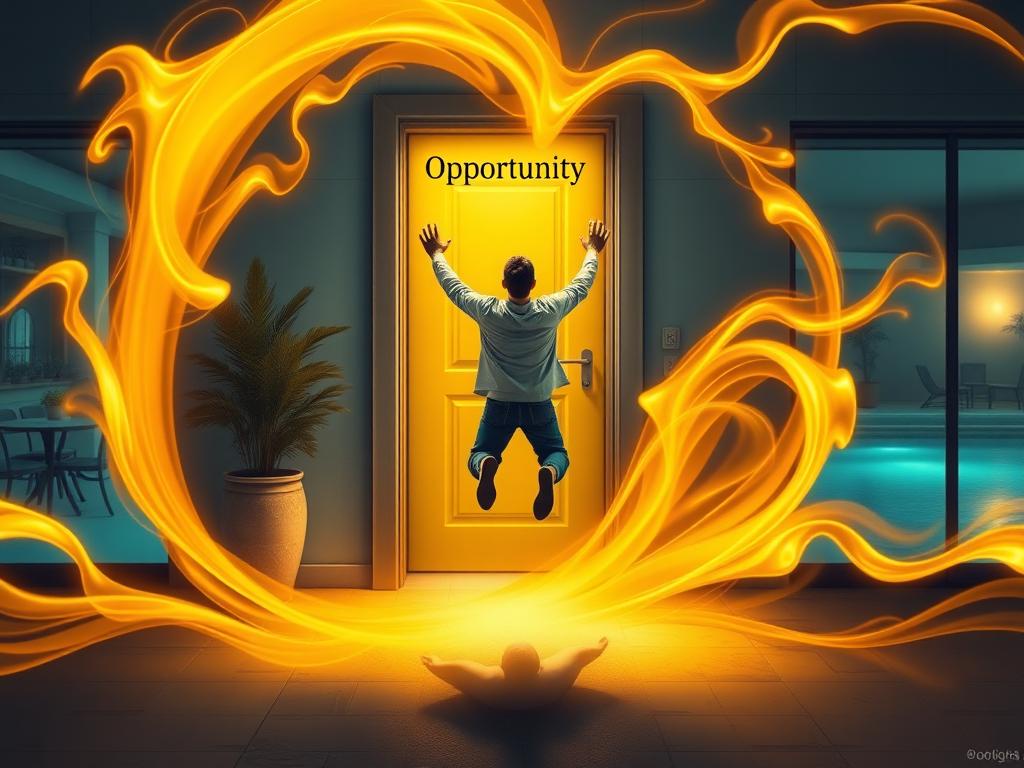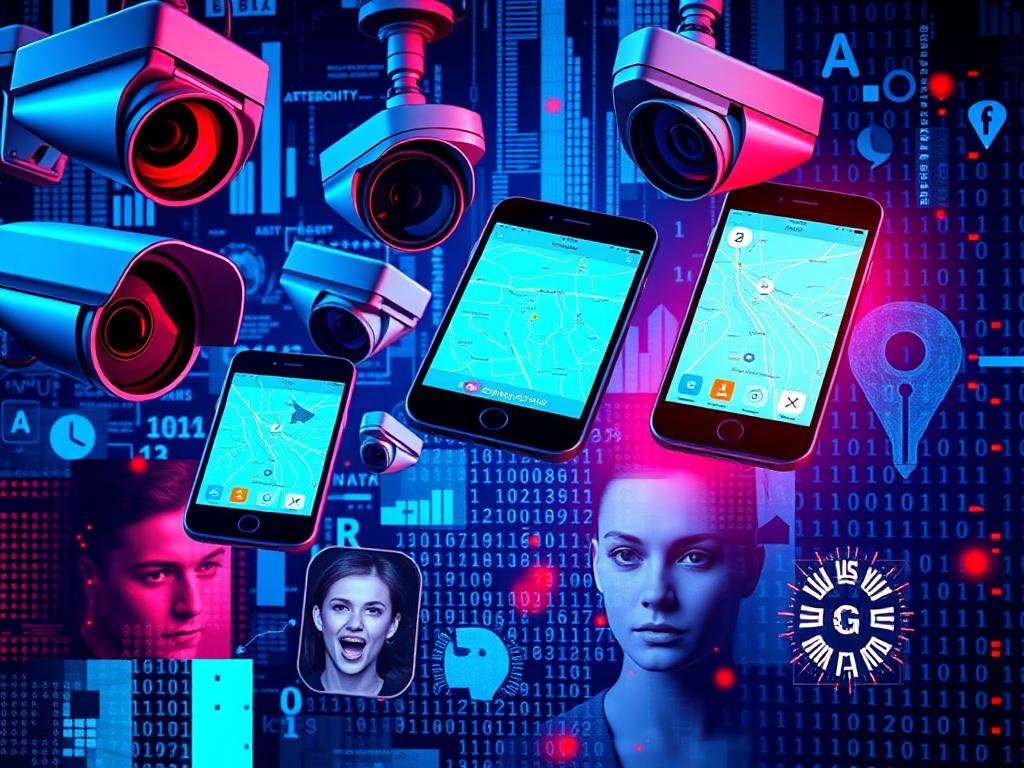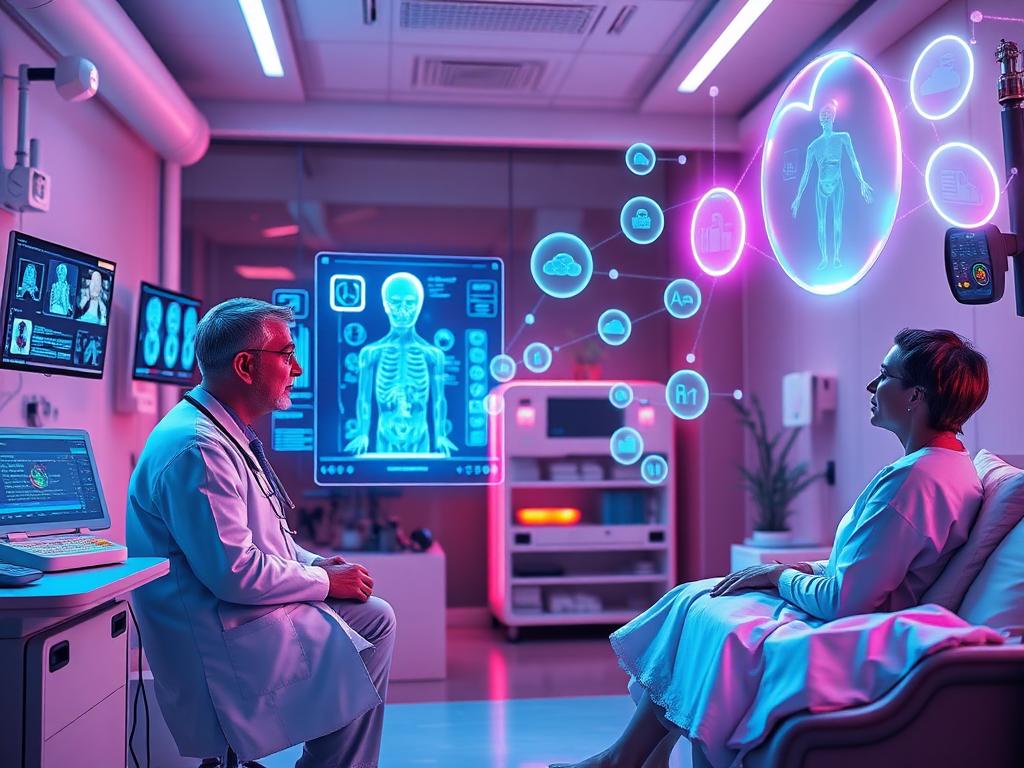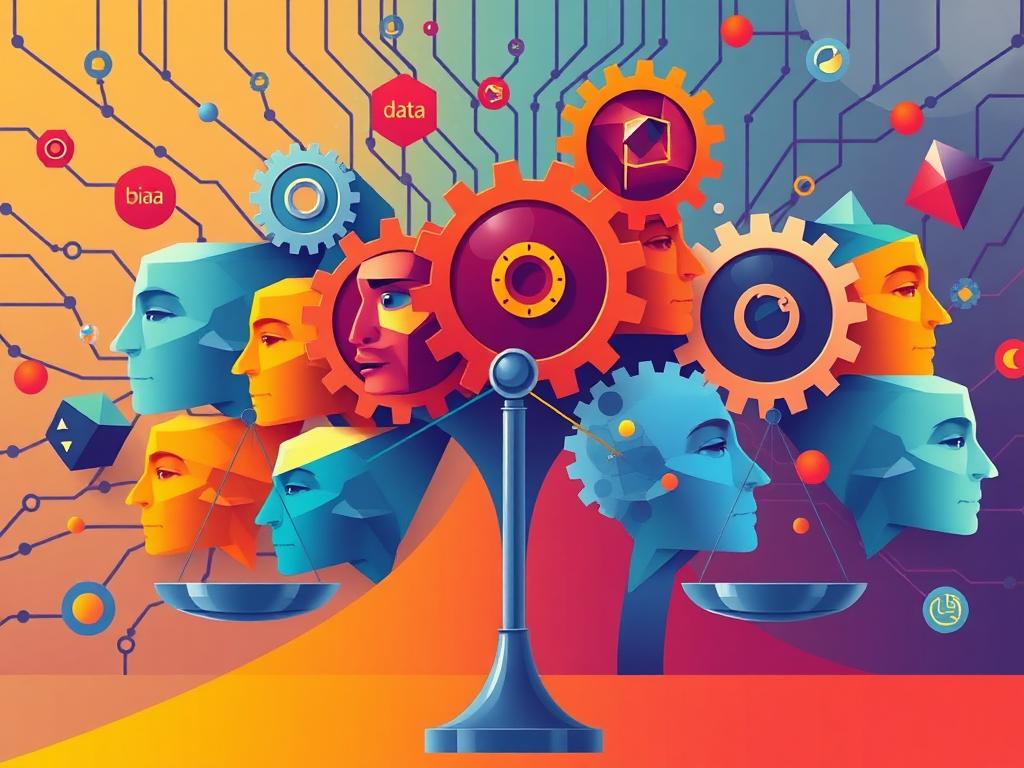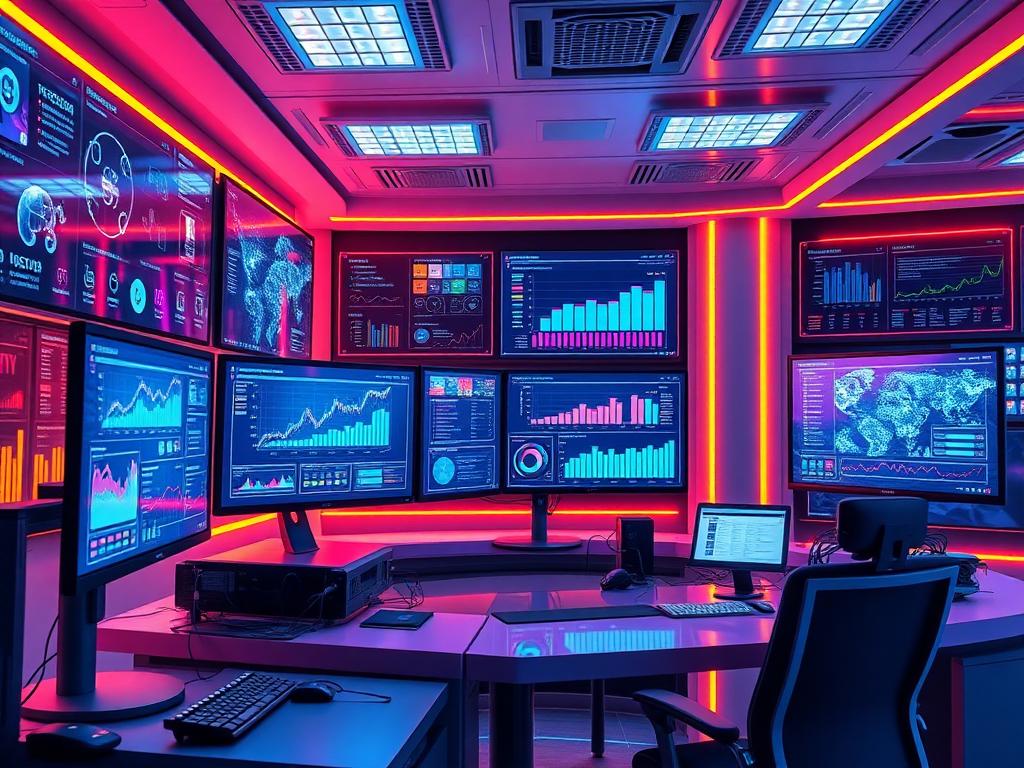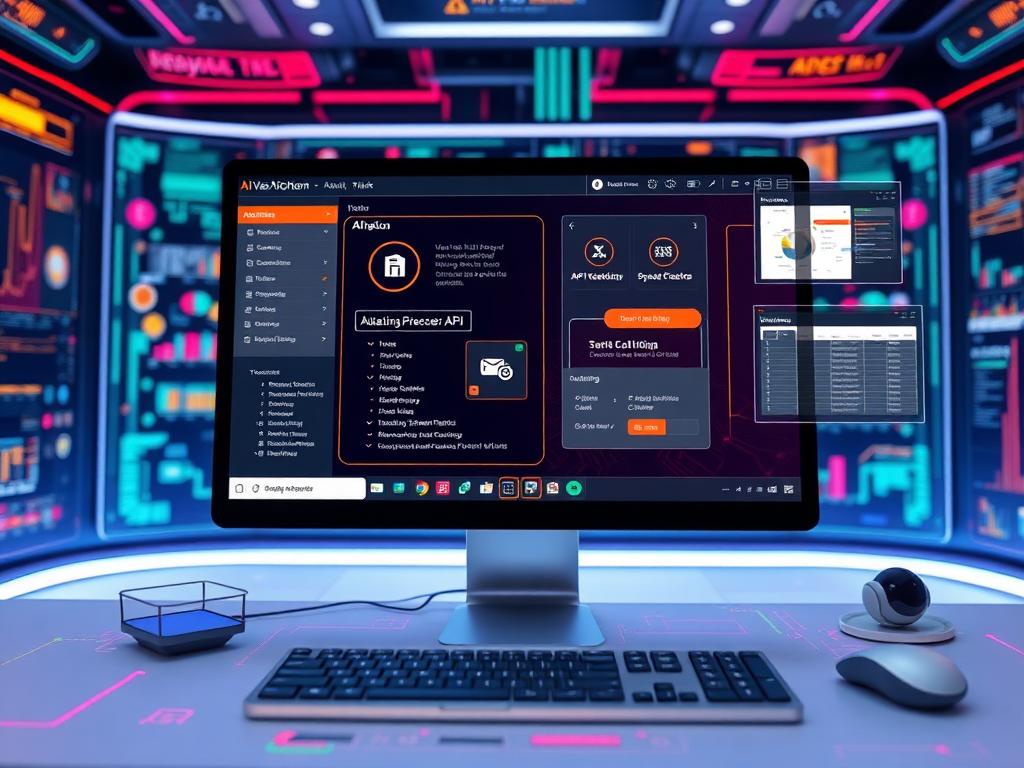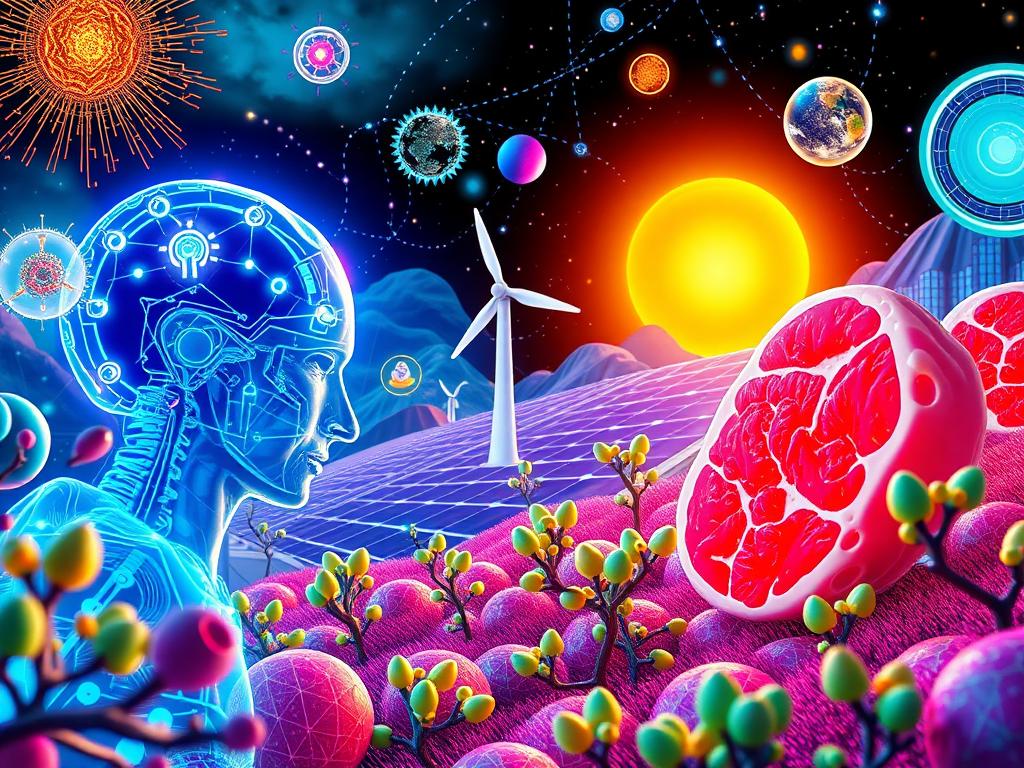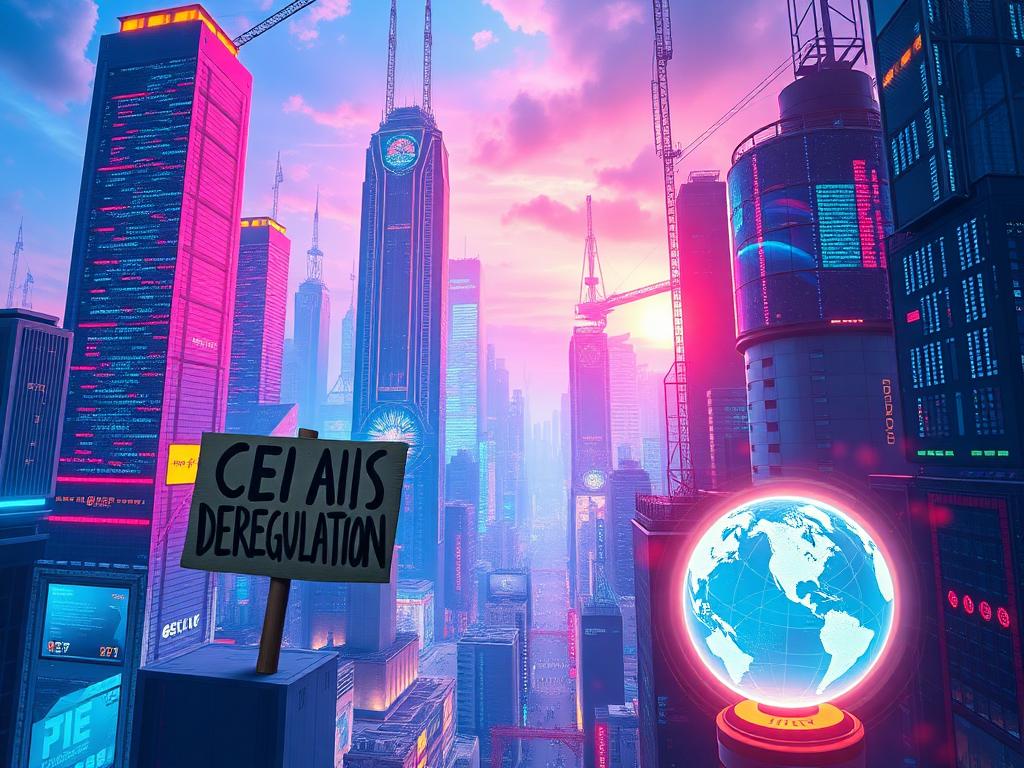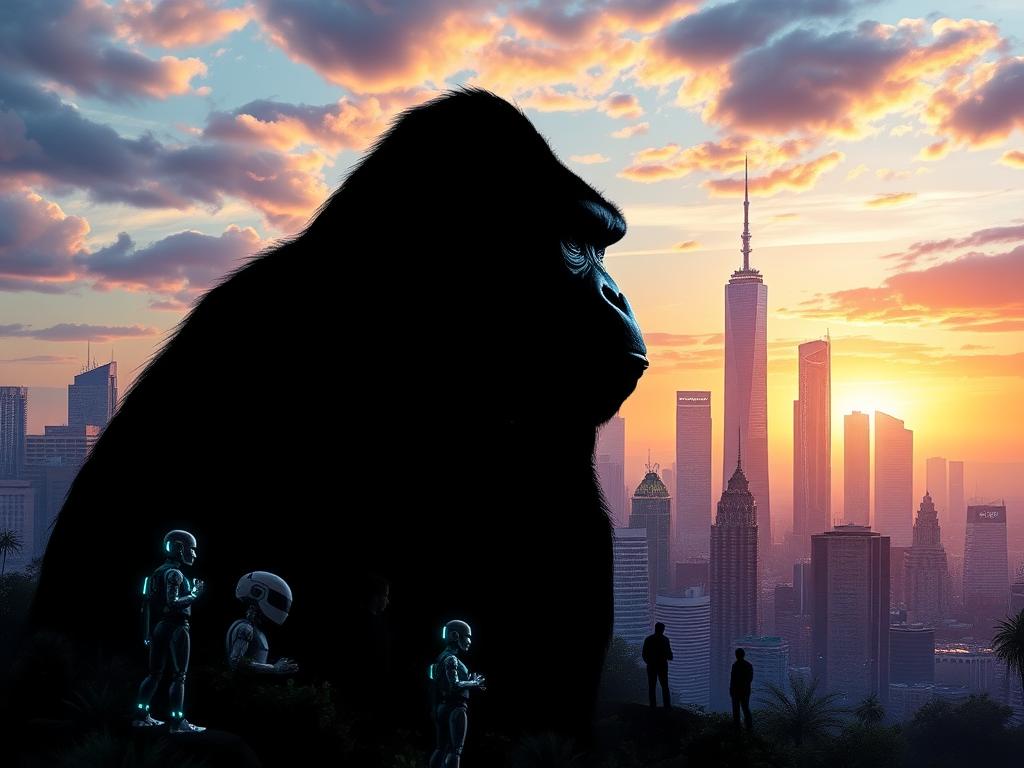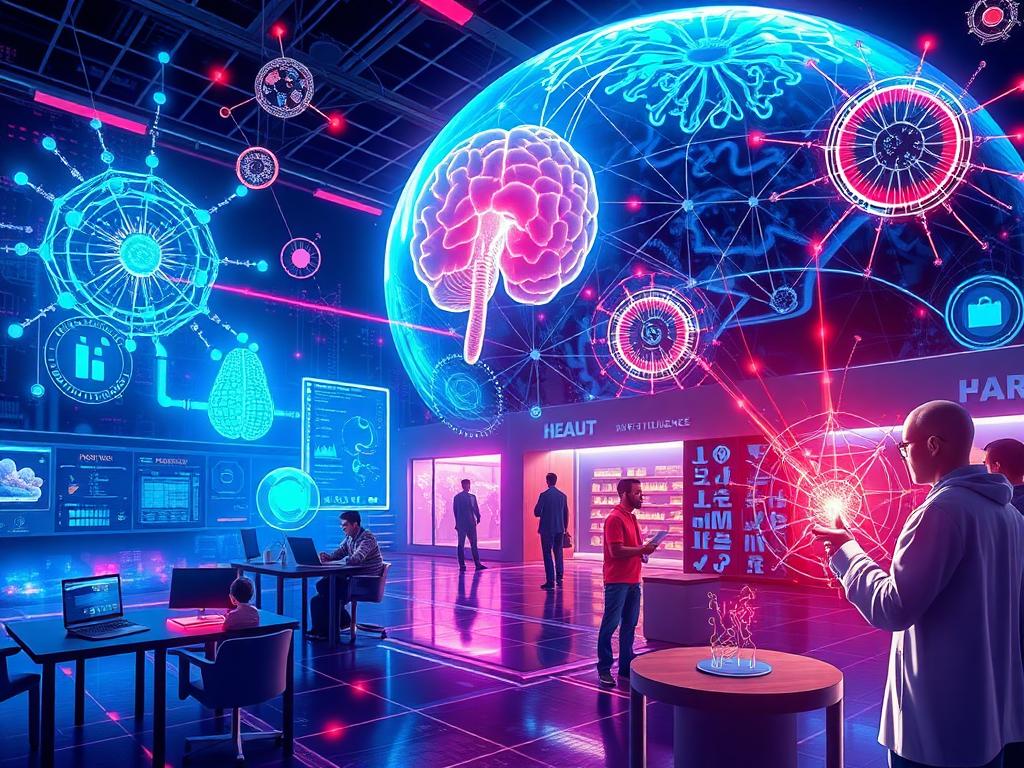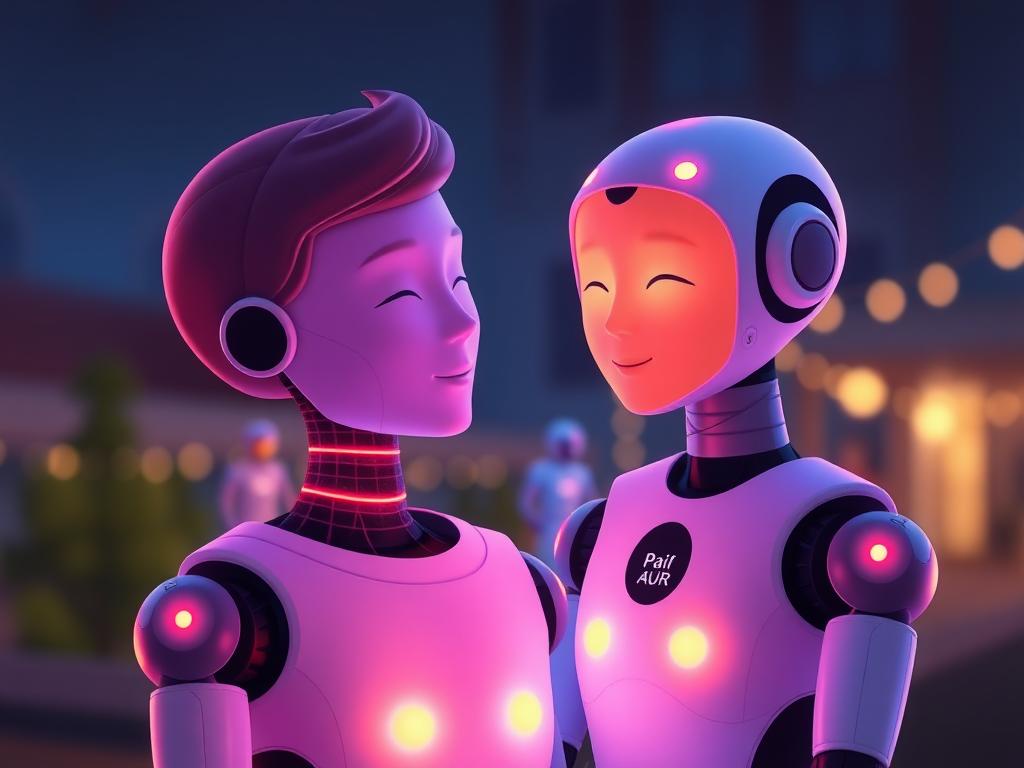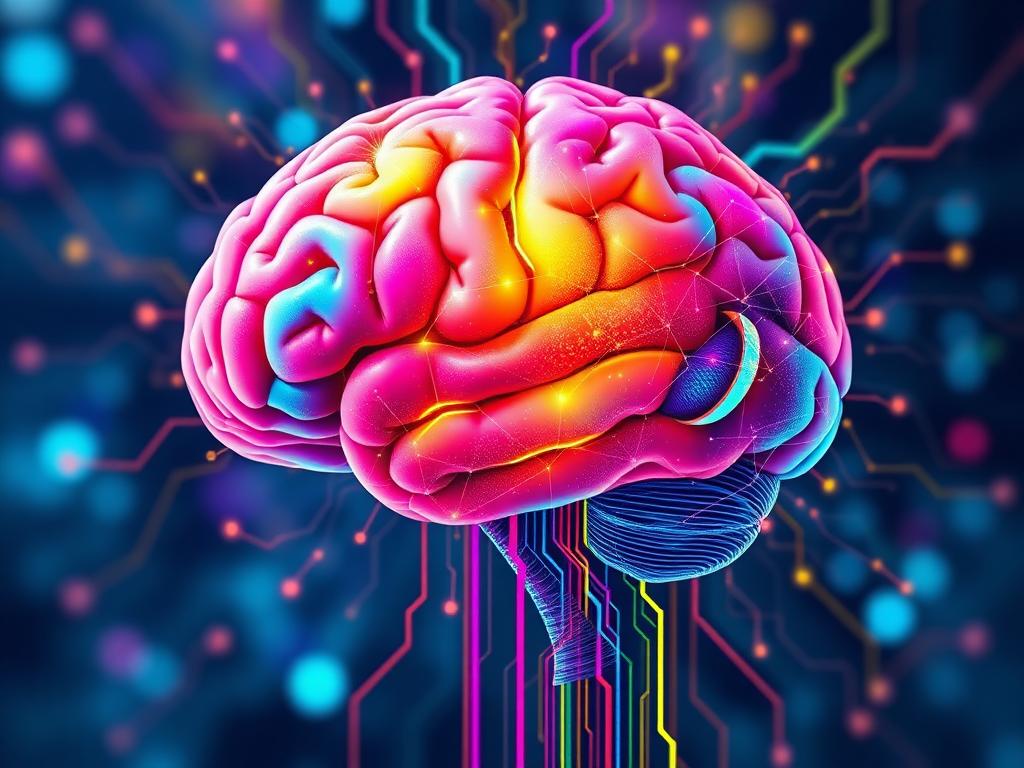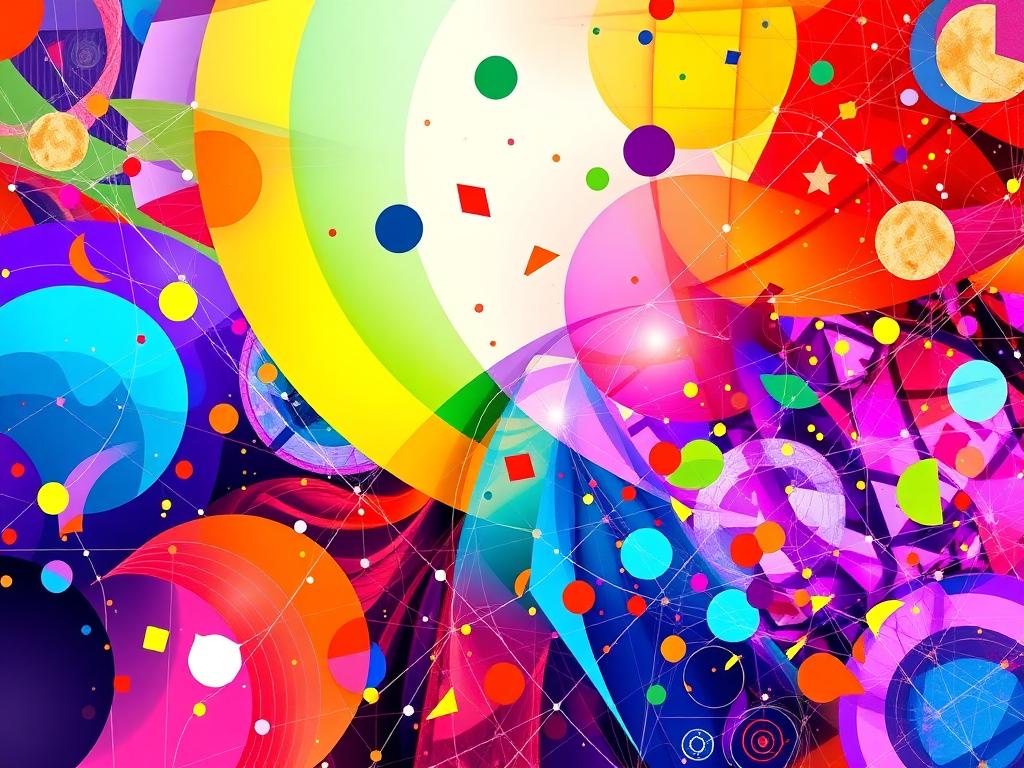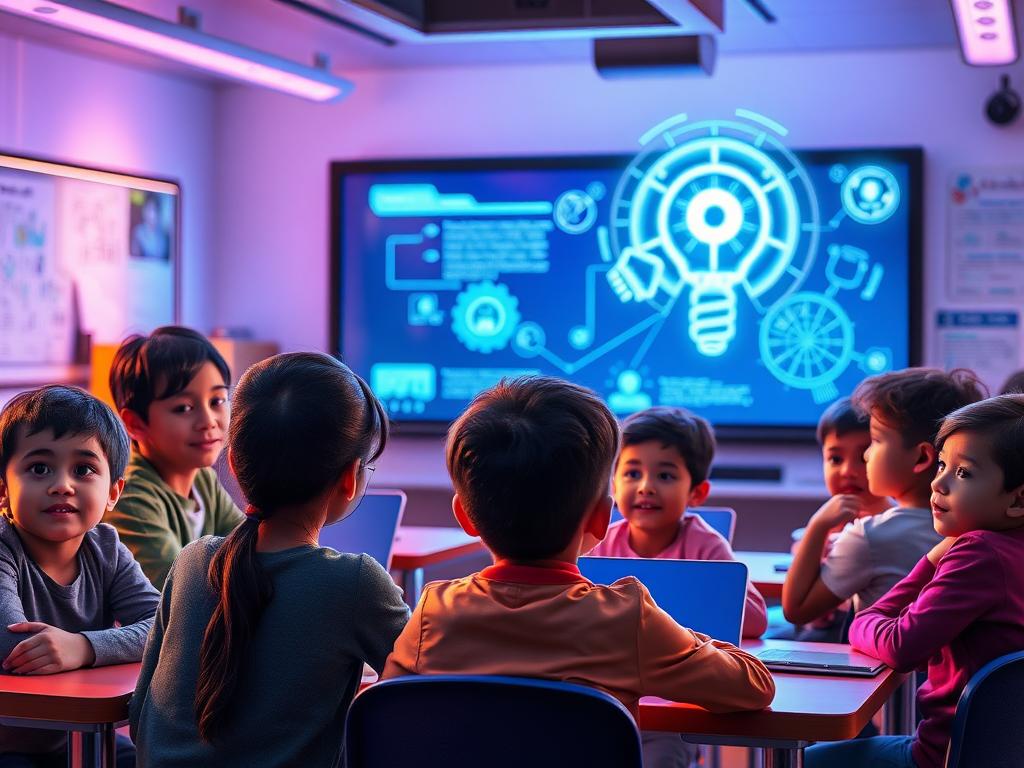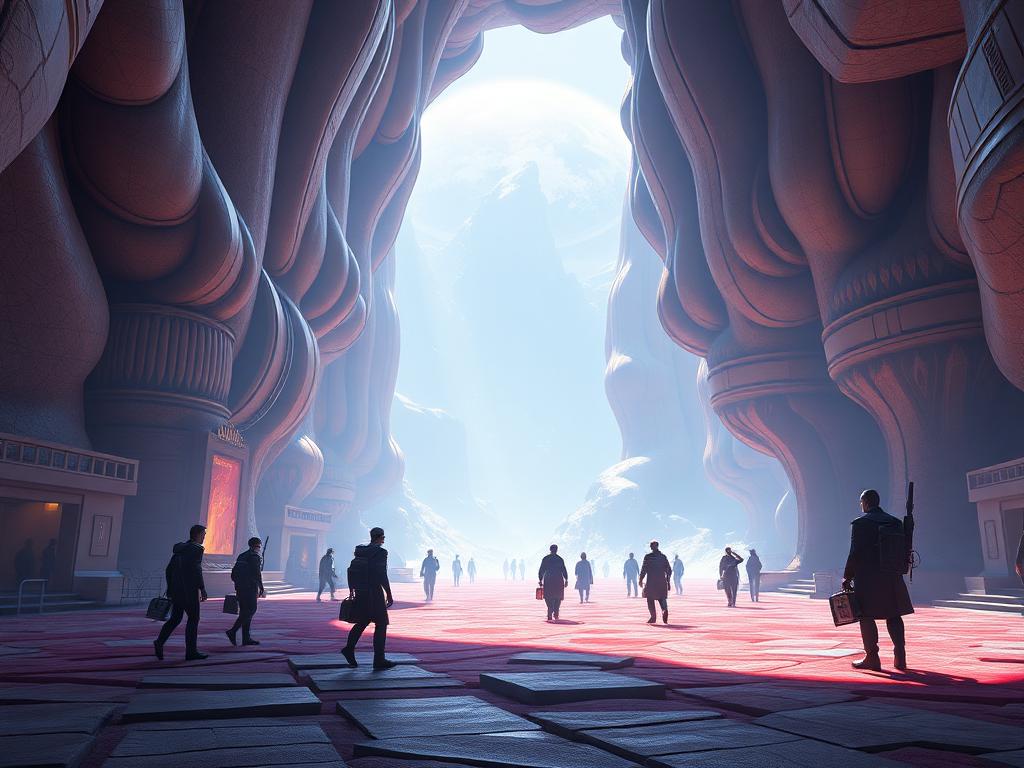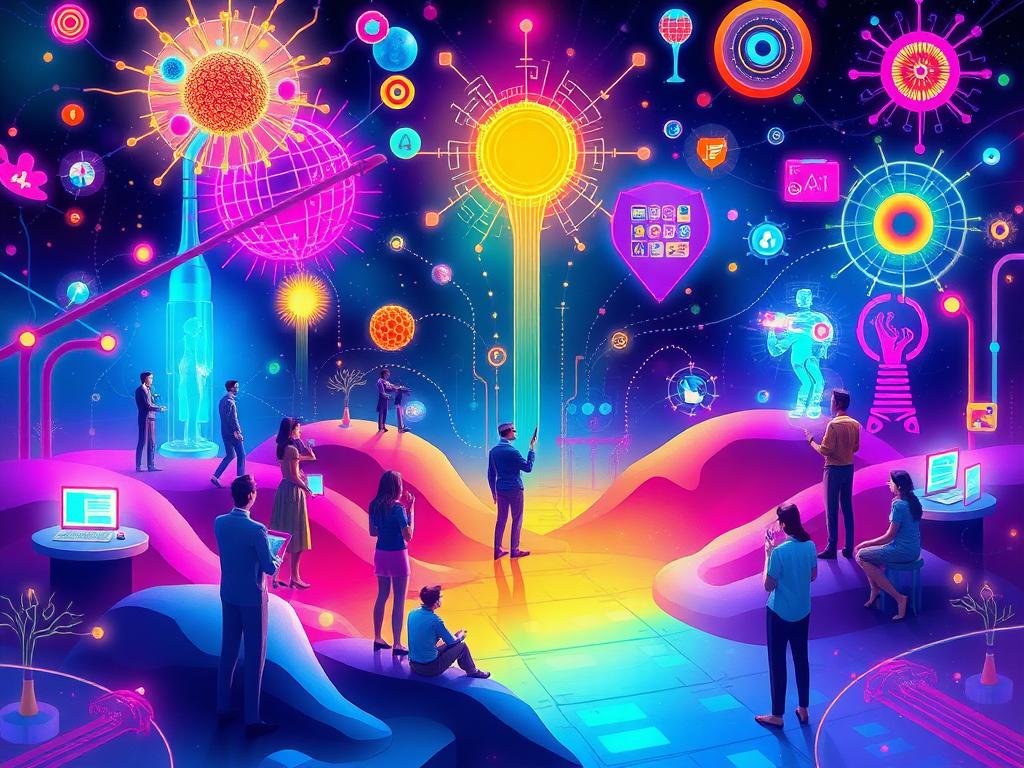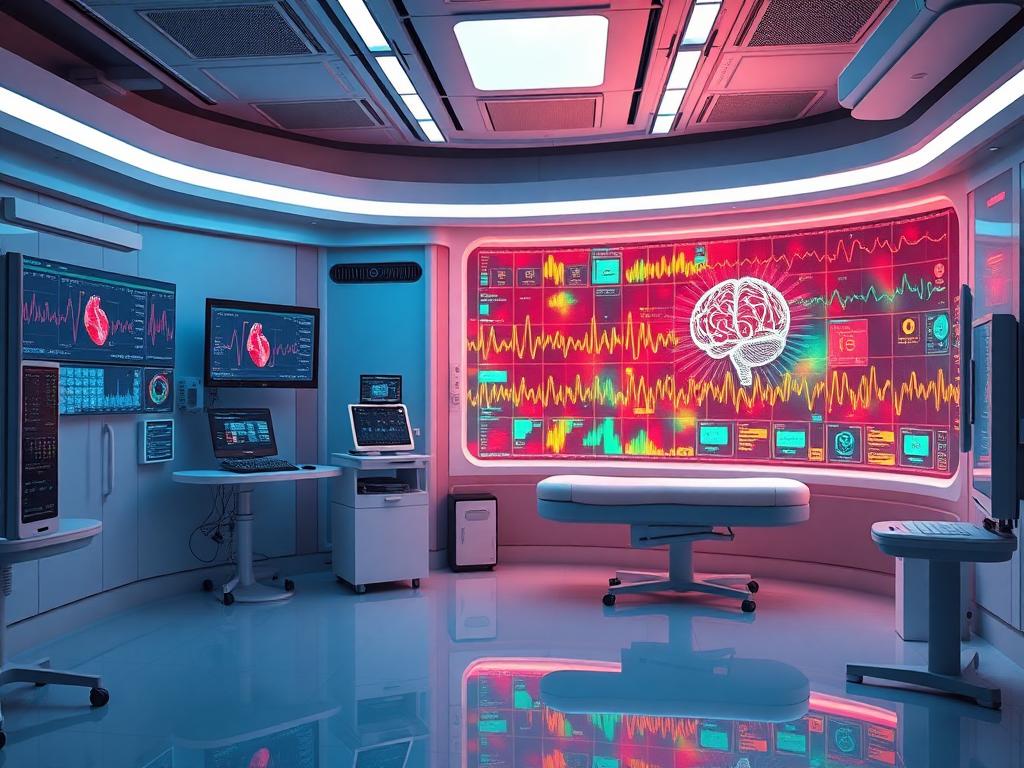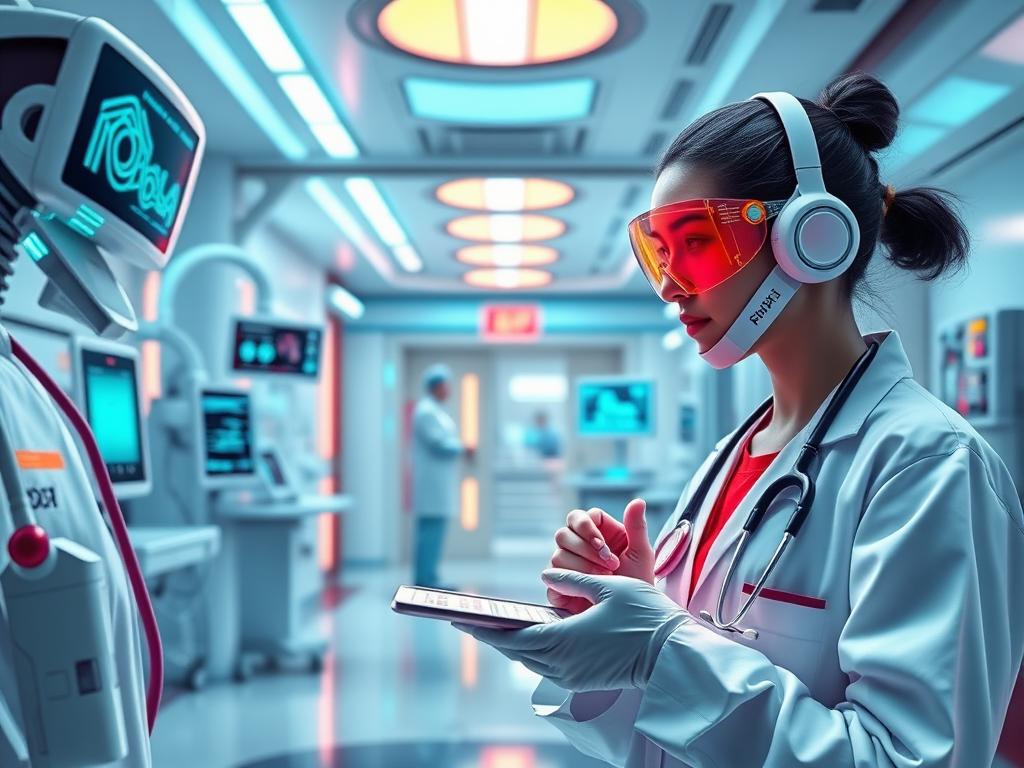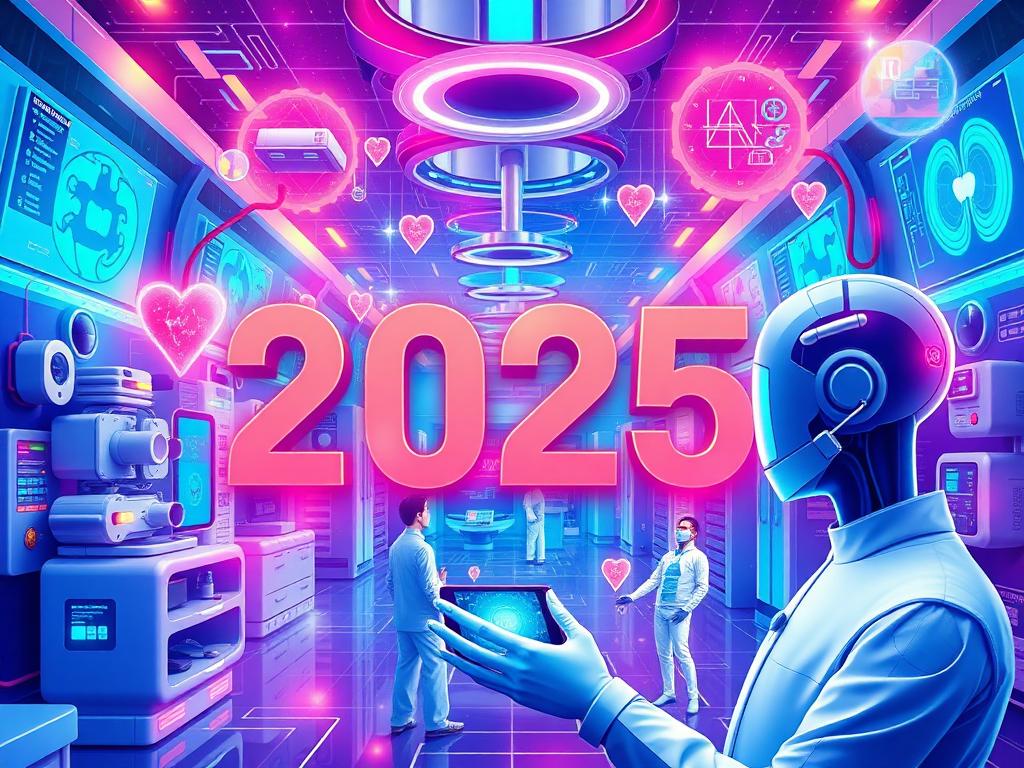
The Future of AI with Sam Altman
Explore insights from Sam Altman on the evolution of AI, its impact on creativity, and the future of artificial intelligence in this in-depth discussion.
In a recent TED Talk, Sam Altman, the visionary behind OpenAI, shared his thoughts on the rapid advancements in AI and its profound implications for the future. From the capabilities of models like GPT-4o to the ethical challenges of AI development, Altman’s insights provide a roadmap for understanding the transformative power of artificial intelligence.
The Evolution of AI Models
Altman highlighted the remarkable progress of AI models, especially OpenAI’s GPT-4o and its image generation tool, Sora. These models are not just creating images or text; they are tapping into core intelligence to produce work that is both creative and deeply analytical. For instance, when asked to visualize the difference between intelligence and consciousness, Sora generated a diagram that was both simple and profound.
AI and Creativity
One of the most discussed topics was the impact of AI on creativity. Altman emphasized that AI should be seen as a tool that amplifies human creativity rather than replacing it. He acknowledged the concerns of artists and creators about AI potentially infringing on their work but argued that AI could democratize creativity, enabling more people to produce art, novels, and other creative outputs.
Ethical Considerations
Altman also addressed the ethical dilemmas surrounding AI, particularly the issue of consent and intellectual property. He revealed that OpenAI has implemented safeguards to prevent its models from replicating the style of living artists without their permission. However, he acknowledged that the line between inspiration and infringement is still unclear, and new economic models will be needed to fairly compensate creators in the AI era.
The Future of AI
Looking ahead, Altman expressed his excitement about AI’s potential to drive scientific discovery and improve software development. He believes that AI will play a crucial role in accelerating innovation, from finding cures for diseases to advancing physics. At the same time, he acknowledged the risks associated with AI, particularly in the realm of agentic systems—AI that can act autonomously—and stressed the importance of building robust safety frameworks.
A Vision for the Future
Altman envisions a future where AI enhances human capabilities, leading to a world of unprecedented abundance and opportunity. He hopes that future generations will look back at our current limitations with a sense of nostalgia, knowing that AI has unlocked new possibilities for humanity. However, he also recognizes the immense responsibility that comes with developing such powerful technology and is committed to ensuring that AI is used for the greater good.




